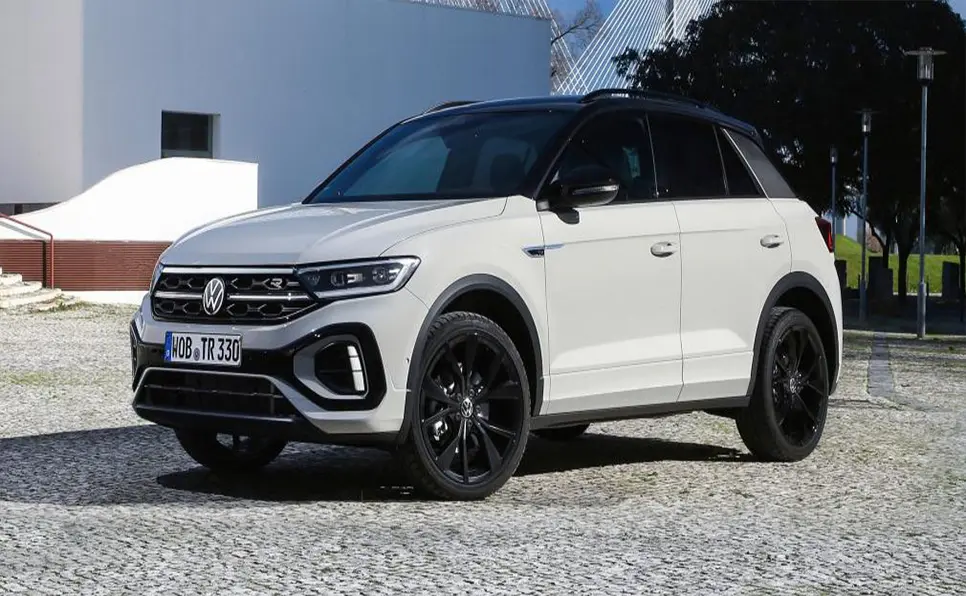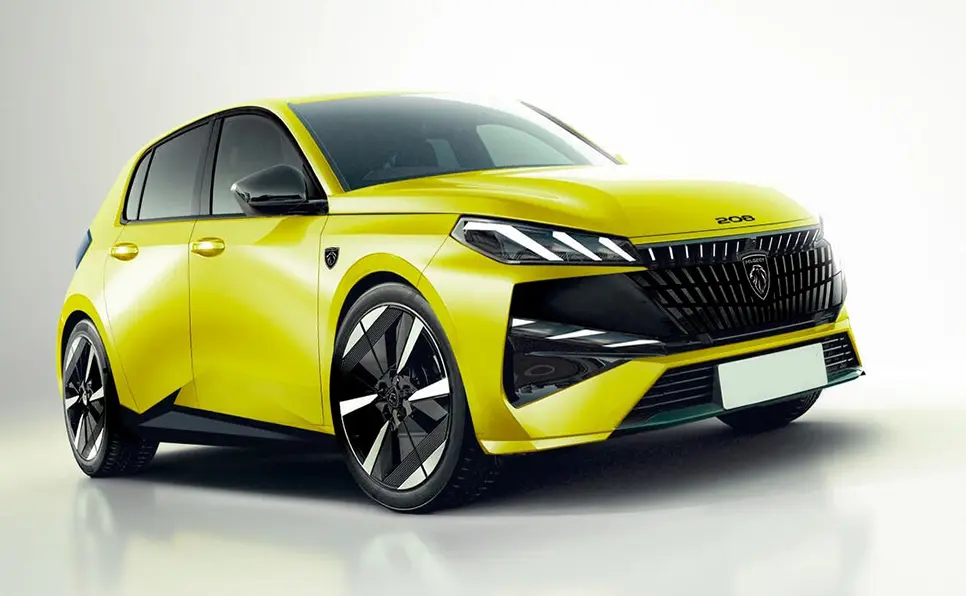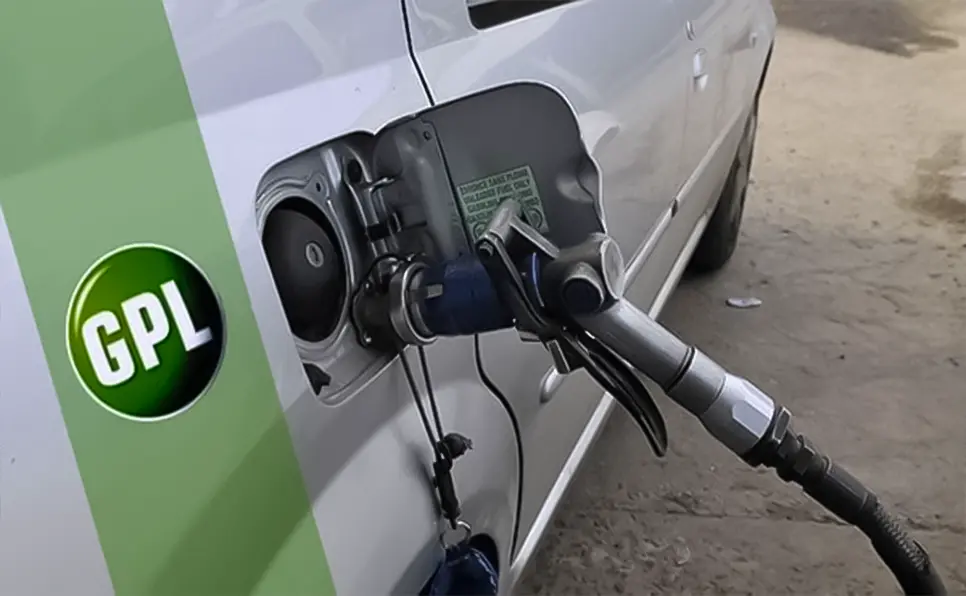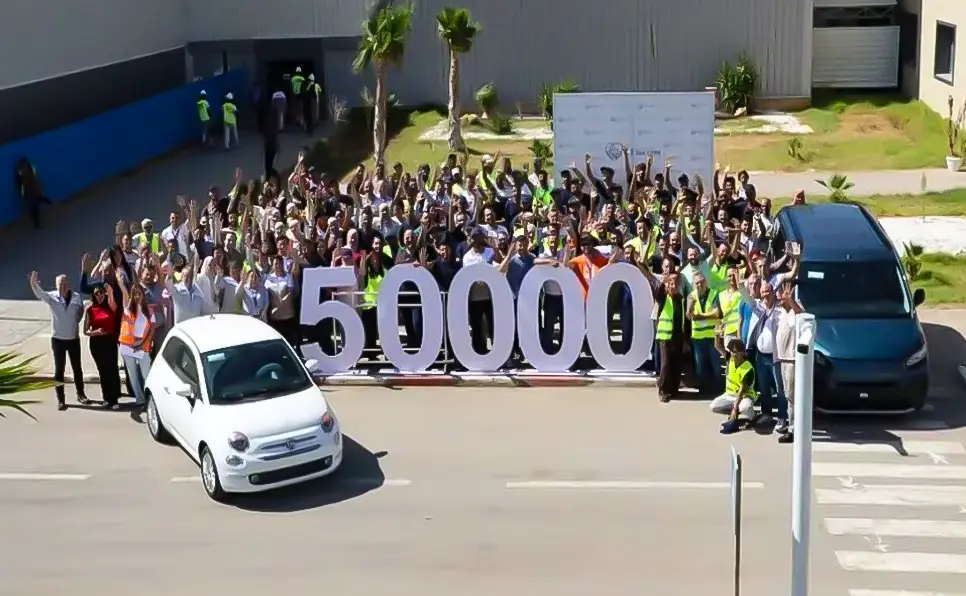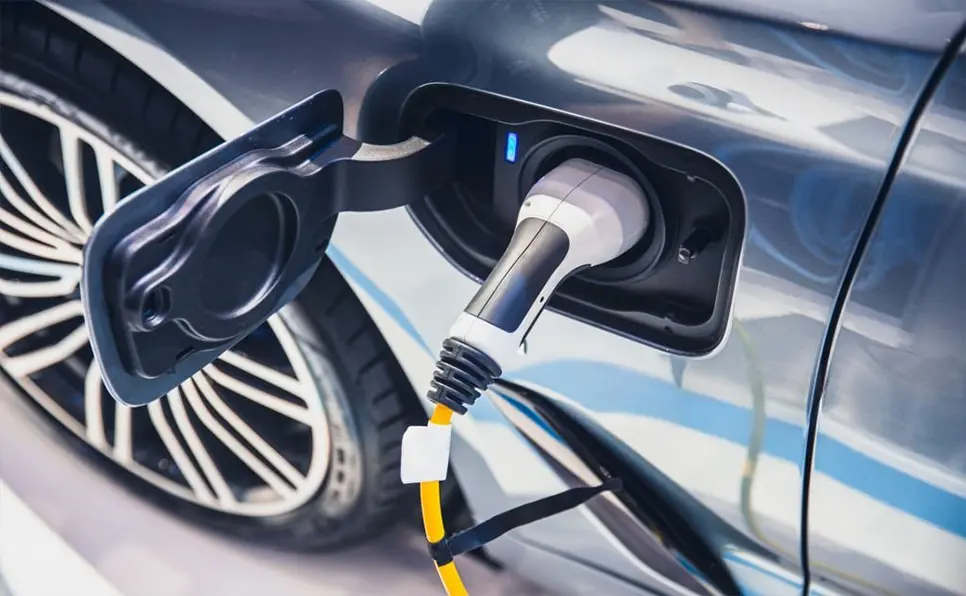
It seems that the transition from conventional fuel-powered engines to fully electric powertrains is not as easy as many automotive experts claim. Global car sales results have shown consumers’ desire to purchase non-electric vehicles, which is unexpected, especially after the strong push by governments, particularly in the West, to abandon conventional engines.
Toyota Chairman Akio Toyoda continues to criticize the global rush toward electric vehicles, believing that a complete shift toward them could threaten millions of jobs in the automotive sector, without achieving any real environmental benefits compared to hybrid vehicles.
In an interview with Bloomberg, Toyoda explained that Toyota has sold more than 27 million hybrid vehicles since 1997, a figure equivalent in terms of emissions reductions to 9 million electric vehicles.
He added that “one electric car produces carbon emissions equivalent to three hybrid cars,” especially if it is charged via fossil fuel-based power grids, as is the case in Japan. This also applies to many major industrialized countries that still rely on coal, petroleum derivatives, or natural gas.
He said, “If we manufactured 9 million electric cars in Japan, carbon emissions would increase,” due to the country’s heavy reliance on thermal energy.
Toyota hasn’t ignored electric vehicles. The bZ family expanded with the Woodland and C-HR versions, while Lexus added the electric ES and upgraded the RZ, with plans to launch two new electric vehicles in the US market before 2027.
However, hybrids and gasoline-powered vehicles still dominate Toyota’s product lineup, while the company is developing hydrogen engines in collaboration with BMW, which plans to introduce a hydrogen car in 2028.
Toyoda predicts that electric vehicles will not exceed 30% of the market share, and believes that the most appropriate solution for the future is a combination of hybrid vehicles and synthetic fuels.
The Toyota chairman’s statement is not the only one. Former Stellantis CEO Carlos Tavares previously stated that the decision to switch from conventional engines to electric engines was a political one, not based on a real vision of the automakers.
Electric cars have recently lost much of their momentum as a political game. Stellantis abandoned the all-electric Fiat 500 and switched to a hybrid model, and Chrysler failed to transition to an electric car company due to weak demand and a sharp decline in sales.
Automotive companies are continuing to develop electric vehicles, but conventional and hybrid vehicles continue to maintain their sales. The words of Toyota’s top executive illustrate the extent of the misleading propaganda politicians have been promoting about the cleanliness of electric cars.
For your information, the battery in an electric car, from the extraction of raw materials to its manufacture and disposal, is an environmentally polluting industry. These raw materials are extracted from some poor countries under poor human and environmental conditions.

